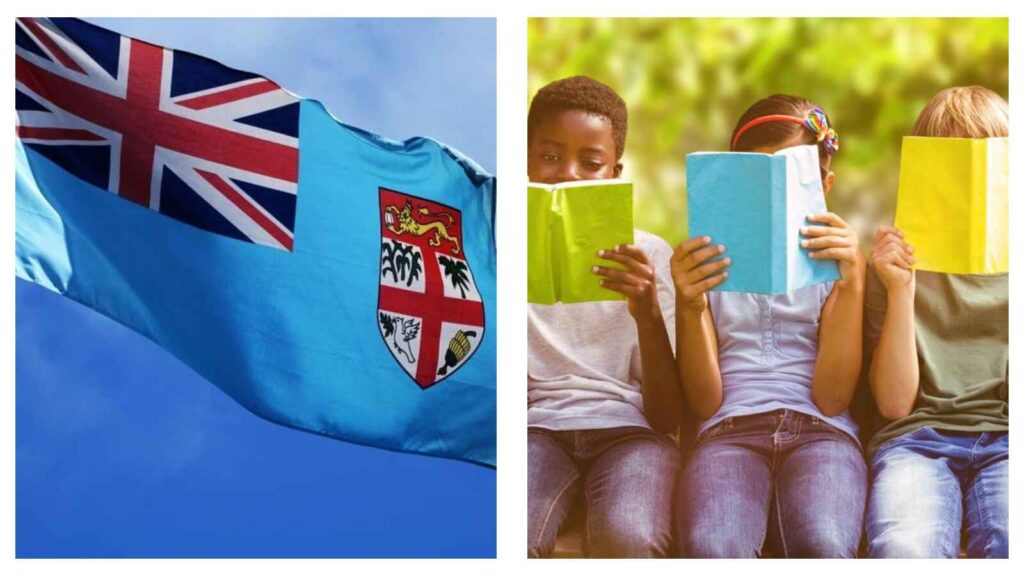By Jheruleene Anne Ramos
Child rights advocates have raised the alarm after a Malaysian state saw a significant rise in underage individuals engaging in sexual activity.
Kelantan police chief Yusoff Mamat said the state recorded 252 underage sex cases in 2024, up from 206 the previous year, with a further 17 percent increase in the first quarter of 2025 compared to the same period in 2024.
Yusoff also revealed a troubling shift, with some cases involving underage girls initiating sexual relationships – contrary to the traditional pattern of boys pursuing girls.
One case involved a 10-year-old girl initiating relations with a 20-year-old man, which resulted in a pregnancy. Another involved a teenage girl who had relations with five different men.
“This reflects a deeply concerning shift in social norms,” Yusoff said, as quoted by Free Malaysia Today.
A persistent but invisible problem
Despite the alarming figures, Suriana Welfare Society founder James Nayagam and Yayasan Chow Kit co-founder Hartini Zainudin said underage sex is not a new issue, describing it as an “invisible problem”.
“It’s very common [and it is] an invisible problem. We might think this only happens in high school or college, but it is happening in primary schools, too,” said Nayagam.
He said the desire for peer validation is driving many children to engage in group sexual activities, calling it a disturbing trend that is becoming “increasingly widespread”.
“It has become quite the norm. To be accepted, the children feel they need to have a common activity,” Nayagam added.
He also cautioned that most boys engaged in sexual activities treat such an experience as a “contest” among peers, while girls aged 13 or 14 are already using long-term contraceptives, which they obtained through “shady clinics”.
Hartini echoed these concerns, noting that children are not seeking sex, but rather connection, validation, and a sense of control in a world that offers them little.
She also said that social media contributed to this alarming trend, emphasising that children as young as nine are being exposed to sexualised content and grooming online.
“Social media has become a second classroom, except there are no teachers, no protection and no boundaries,” she said.
YOU MAY ALSO LIKE: Fiji Human Rights and Anti-Discrimination Commission files complaint against Chat (Fiji)

Push for comprehensive education reforms
In response, the National Trust Party (Amanah) urged the federal government to introduce comprehensive sex and moral education in primary schools to help curb the rise in sexual crimes involving minors.
Amanah secretary Faiz Fadzil said the increase in such cases reflects shortcomings in both the education system and laws designed to protect children.
“The laws are insufficient. Moral and sex education must be strengthened to develop students intellectually, physically and spiritually,” he said in a statement.
He also called for a more open, reform-oriented approach to sex education – especially within the Malay community, where the topic remains taboo – emphasising the need for collaboration between religious leaders and the government.
“It is time we abandon narrow thinking and move towards reform guided by knowledge and the higher objectives of Islamic law (maqasid syariah),” he added.
Parents urged to take greater responsibility
However, Yusoff said the government still needs parents’ cooperation, stressing that they must take greater responsibility by closely monitoring their children’s digital activities and interpersonal relationships.
Yusoff’s call came as he observed that some parents have a complacent attitude, noting that some families knowingly allowed their daughters to have their boyfriends over to spend the night.
Parents, local and federal governments, and other relevant stakeholders must collaborate to address this alarming issue, as it still takes a village to raise a child and safeguard their welfare.
READ NEXT: More Filipinos link science to national resilience: survey
